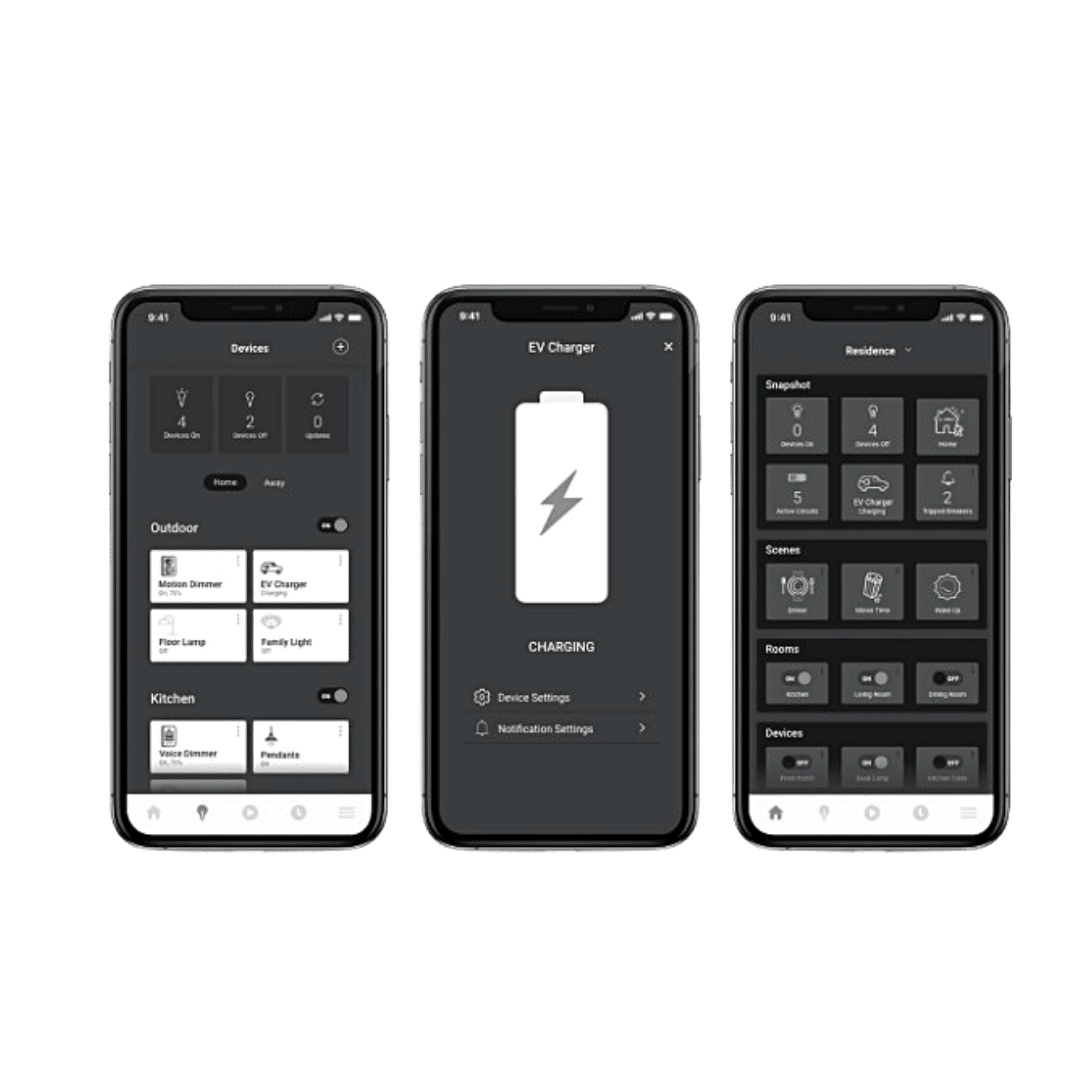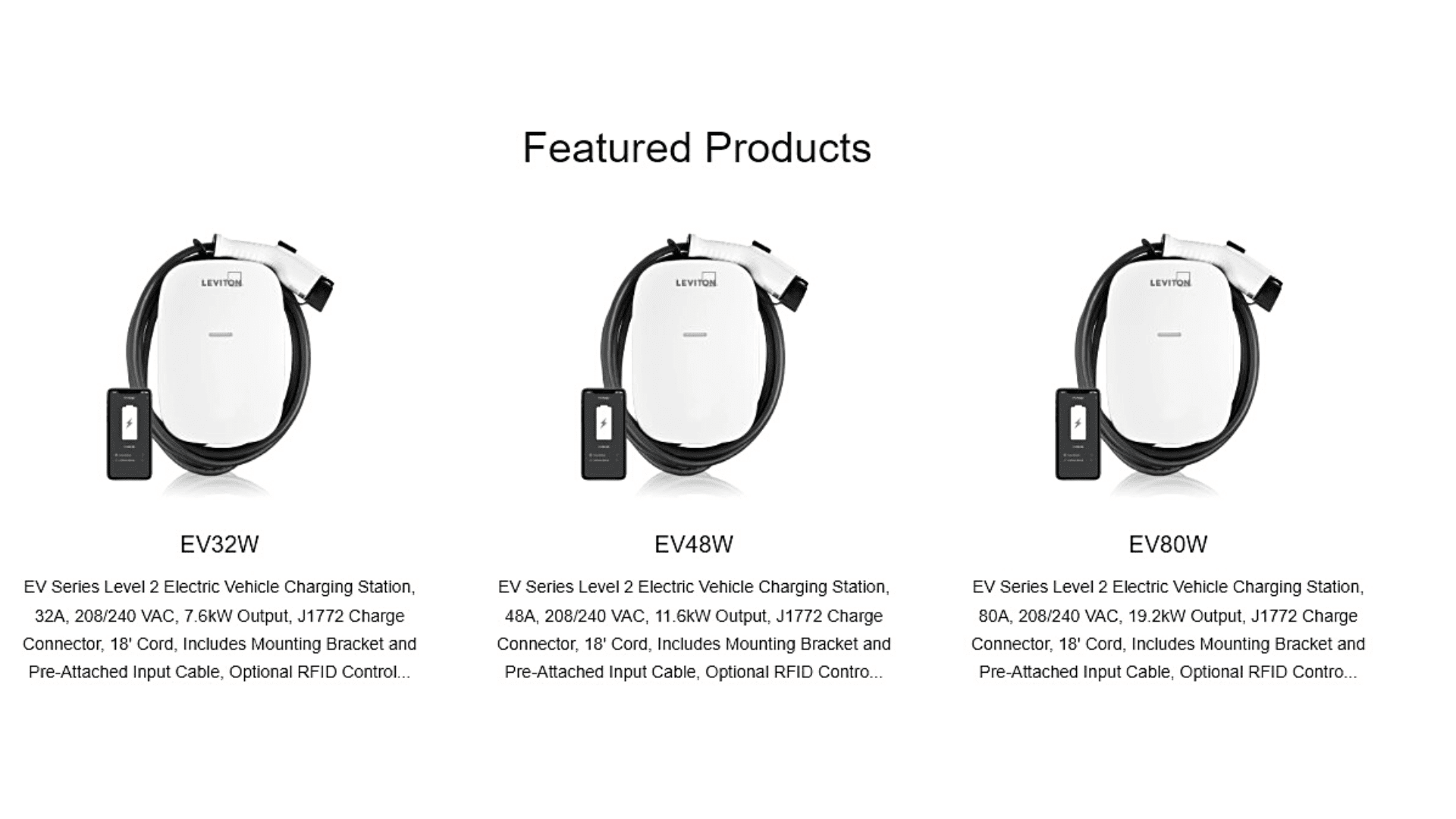YOUR CART
- No products in the cart.
Subtotal:
$0.00
BEST SELLING PRODUCTS
$89.99 + HST
$119.99 + HST
$719.99 + HST
$249.99 + HST
With the launch of the EV ChargeON Program, the government of Ontario has authorized $91 million in financing to facilitate the development of EV charging infrastructure around the region.
Funding is available for the installation of public electric vehicle chargers in Ontario towns outside of large cities under the EV ChargeON program.
With more public EV charging stations across Ontario, EV ChargeON hopes to: create a more interconnected network; lower the cost and boost accessibility of public chargers; and persuade more people to convert to EVs.
Collettandco Electric can assist you in maximizing your savings by helping you take advantage of rebates while they are available. Funding is limited, so do not wait.


A: There are primarily three types of EV chargers: Level 1 (120 volts), Level 2 (240 volts), and DC Fast Chargers. Level 1 chargers are typically standard household outlets, while Level 2 chargers are faster and suitable for home and public charging. DC Fast Chargers provide rapid charging for longer journeys.
A: Charging time depends on the charger type and the vehicle’s battery capacity. Level 1 chargers are the slowest, taking several hours. Level 2 chargers can charge a vehicle in a few hours, and DC Fast Chargers can provide a significant charge in around 30 minutes.
A: Yes, most electric vehicles come with a Level 1 charging cable that can be plugged into a standard household outlet. For faster charging at home, you can install a Level 2 charging station.
A: Yes, public charging stations are available in various locations. You can find them using smartphone apps, websites, or navigation systems specifically designed for EV users.
A: The cost of charging varies based on the electricity rate and the charger type. Charging at home is often cheaper than using public charging stations. Some public stations may be free, while others charge per kWh or by the hour.
A: Most electric vehicles are compatible with different charging stations, but it’s essential to check your vehicle’s specifications. Tesla vehicles, for example, use a proprietary charging system, so Tesla Superchargers are specifically designed for them.
A: Yes, there are different connector types, including CCS (Combined Charging System), CHAdeMO, and Tesla’s proprietary connector. It’s crucial to ensure your vehicle’s charging port is compatible with the connector at the charging station.
A: Yes, most electric vehicles come with a Level 1 charging cable for standard household outlets. Some models may also include a Level 2 charging cable. DC Fast Chargers typically have their own cables at charging stations.